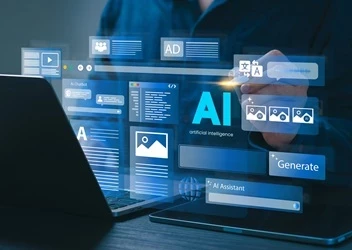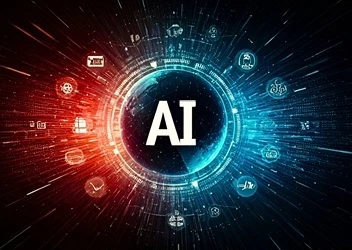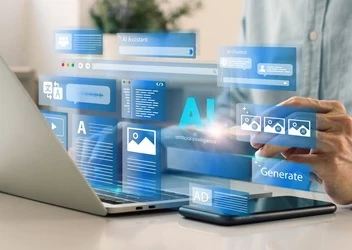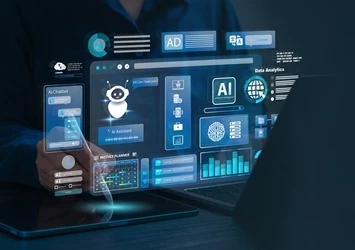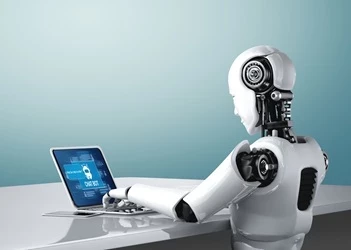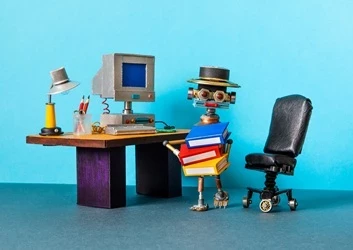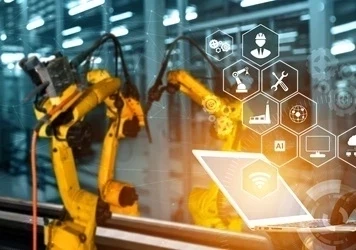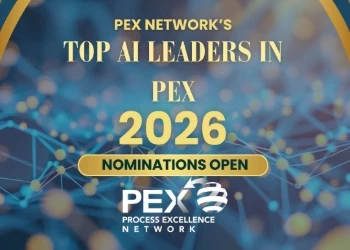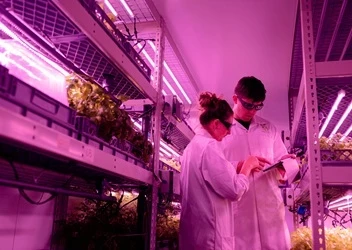Siemens unveils AI agents for industrial automation
Siemens aims to create a comprehensive multi-AI agent system where agents are highly connected and work collaboratively
Add bookmark
Siemens unveiled artificial intelligence (AI) agents for industrial automation at Automate 2025. The firm is expanding its industrial AI offerings with advanced AI agents designed to work seamlessly across its established industrial copilot ecosystem.
The new technology represents a fundamental shift from AI assistants that respond to queries towards truly autonomous agents that proactively execute entire processes without human intervention, Siemens stated.
The AI agent architecture features a sophisticated orchestrator with agents that work “intelligently and autonomously” – understanding intent, improving performance through continuous learning and accessing external tools and other agents as needed.
Join the PEX Network community

Don't miss any news, updates or insider tips from PEX Network by getting them delivered to your inbox. Sign up to our newsletter and join our community of experts.
Learn MoreSiemens seeks to “automate automation”
Siemens appears to be distinguishing between industrial copilots, the interfaces users interact with and the AI agents that power them behind the scenes. Furthermore, the company is developing digital agents – integrating physical agents including mobile robots.
This aims to create a comprehensive multi-AI agent system where agents are highly connected and work collaboratively, Siemens said. Agents not only work with other Siemens agents but also integrate with third-party agents, enabling unprecedented levels of interoperability, the firm added.
What’s more, Siemens is planning to create an industrial AI agent marketplace hub on the Siemens Xcelerator Marketplace, enabling customers to access Siemens’ own AI agents as well as those developed by third parties.
“With our industrial AI agents, we’re moving beyond the question-answer paradigm to create systems that can independently execute complete industrial workflows,” said Rainer Brehm, CEO factory automation at Siemens Digital Industries. “By automating automation itself, we envision productivity increases of up to 50 percent for our customers – fundamentally changing what’s possible in industrial operations.”
AI agents for industrial automation enhance Siemens industrial copilot
Enhanced by the new industrial AI agents, the Siemens industrial copilot addresses every phase along the industrial value chain across process and discrete industries, according to the firm.
- Design copilot: Helps NX CAD users break new ground in creativity by accelerating the product design process. Design engineers can navigate complex data, balance trade-offs and perform multi-domain tasks more efficiently. The AI-powered assistant enables users to ask questions in natural language, quickly access detailed technical insights and streamline complex design tasks – all leading to significant efficiency gains in product development.
- Planning copilot: Currently in pre-release with customer testimonials already available, this solution optimizes production planning, resource allocation and scheduling through generative AI-powered insights, helping manufacturers maximize efficiency and minimize waste.
- Engineering copilot: Available for TIA Portal with Managed Service coming in 2025, this enables engineering without repetitive tasks. As the first generative AI-powered product for automation engineering, it empowers engineers to generate automation code through natural language inputs, speeding up SCL code generation while minimizing errors. In process industries, the copilot for P&ID Digitalization has already been tested by several customers.
- Operations copilot: Currently available for Insights Hub, this copilot provides holistic insights into the entire plant. In addition, at the machine level, Siemens is planning to introduce an operations copilot for shop floor workers, which will be available by the end of 2025.
- Services copilot: The Maintenance Copilot Senseye provides maintenance teams with expert-level equipment diagnostics without the need for specialized technical knowledge. Recently expanded beyond predictive maintenance to cover the entire maintenance lifecycle, this solution supports everything from reactive repairs to predictive and preventive strategies, with pilot implementations demonstrating an average 25 percent reduction in reactive maintenance time.
“In a factory environment, our industrial AI agents connect different copilots and automate workflows across the entire value chain,” said Brehm. This creates a unified approach that makes industrial AI accessible to everyone, regardless of their technical background or experience level, he added.
“We envision a future where industrial AI agents work seamlessly alongside human workers, handling routine processes independently while enabling humans to focus on innovation, creativity and complex problem-solving.”
In the same week, energy management and automation company Schneider Electric introduced a new industrial generative AI copilot in collaboration with Microsoft.
Image credit: Siemens media resource center
All Access: AI in Process Excellence 2026
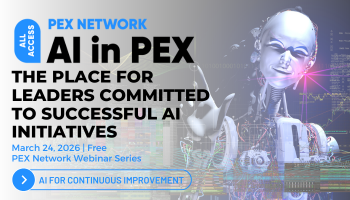
Don’t get left behind. Join us at All Access: AI in Process Excellence to learn from leading experts, thought leaders, and practitioners who are on the ground experimenting, researching, and learning how to best use AI. They will share their secrets with you for free. And you’ll have the opportunity to network with fellow professionals as we navigate this new world. Register now to save your spot.
Register Now
